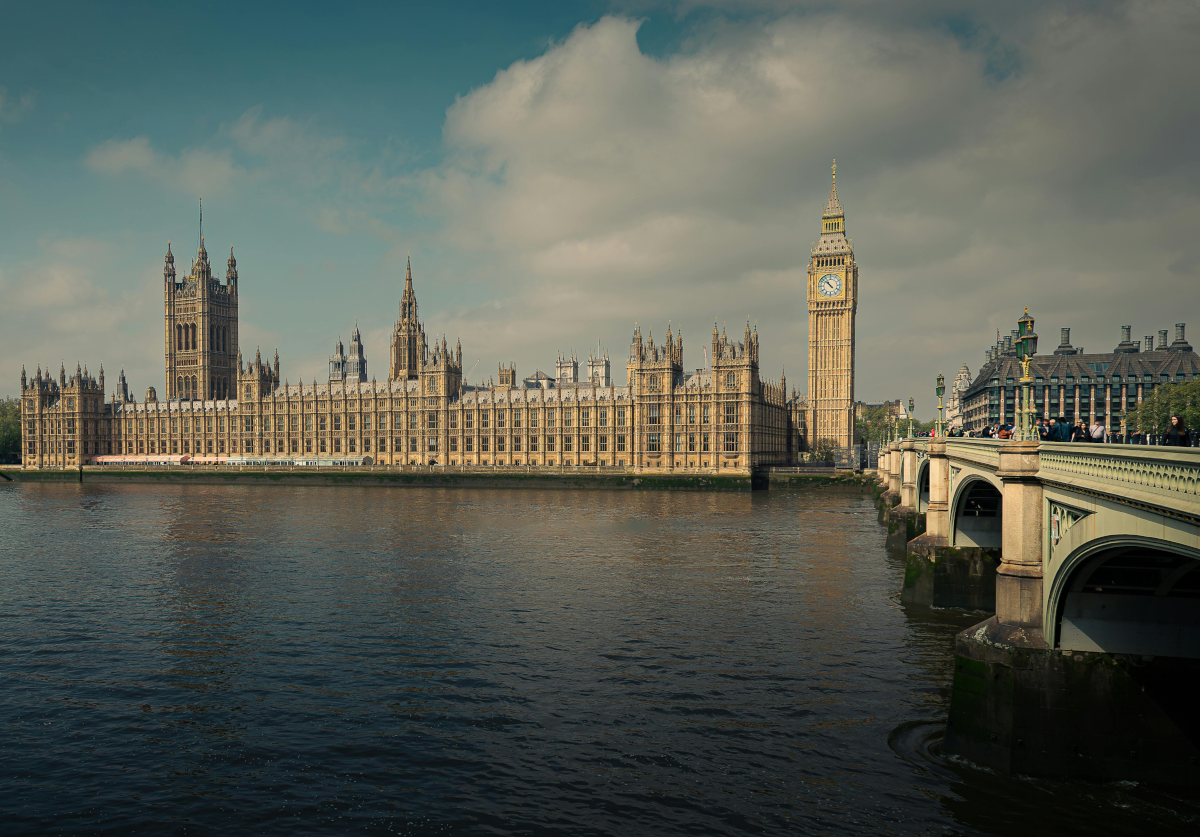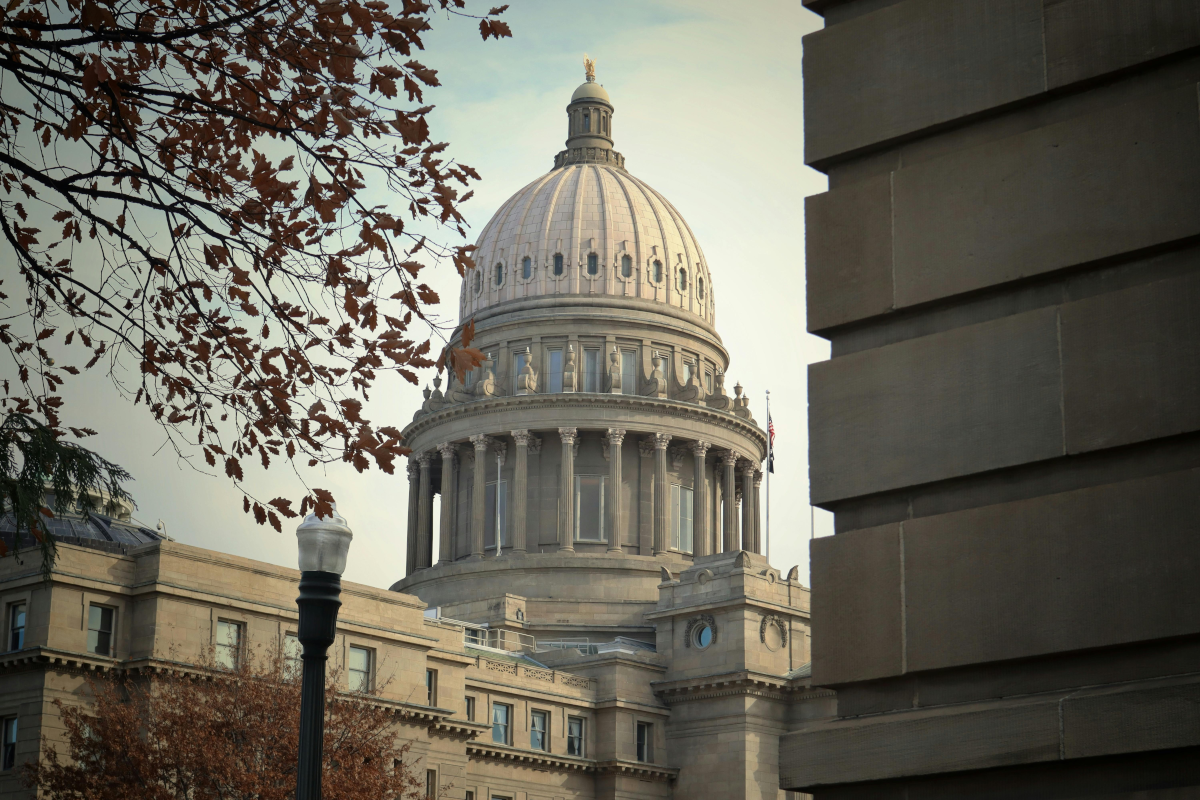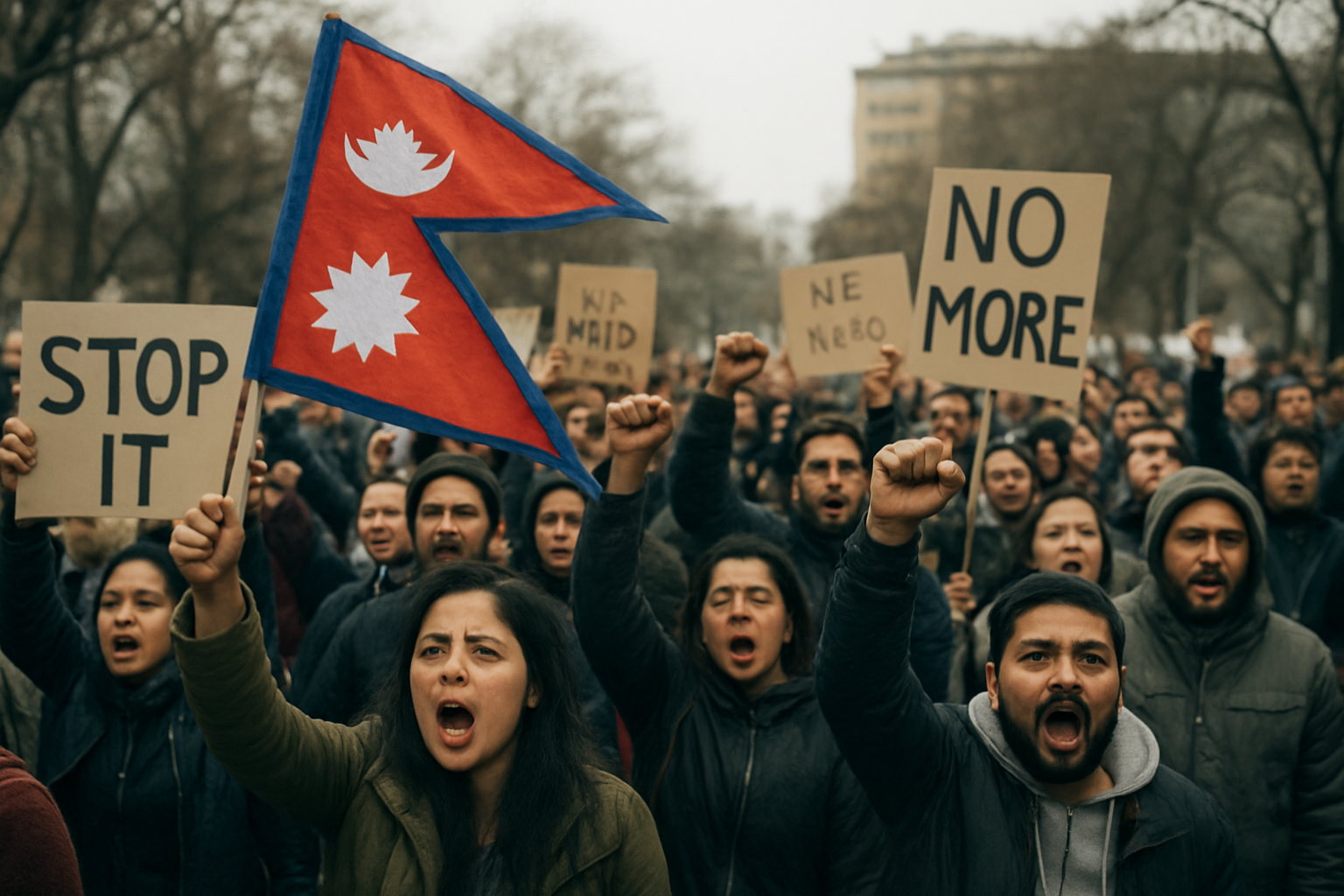UK Online Safety Act rollout hits problems with easy VPN workaround
20th August 2025

Since July 25th, millions of Brits woke up to find the internet suddenly locked behind digital barriers. Reddit, Pornhub, and even some social media platforms now demanded proof that visitors were over 18. Under the UK’s new Online Safety Act, users were asked to upload ID or submit to facial recognition before being allowed in, a move that felt dystopian to many. It wasn’t just an inconvenience; it was a massive overreach into people’s private lives. And almost immediately, Brits did what Brits do best: found a clever way around it. VPNs were the big winners. Proton VPN reported a jaw-dropping 1,800% surge in downloads over the weekend, with NordVPN seeing similar spikes. Google searches for “VPN UK” went through the roof. By Monday morning, VPN apps had taken over the Apple App Store charts, filling half of the top ten free apps. In a single weekend, VPNs went from geeky privacy tools to the hottest apps in the country, and for many, they became the default way to get online. VPNs (Virtual Private Networks) reroute your internet traffic through servers in other countries, letting you appear as though you’re browsing from anywhere in the world. For adults tired of handing over their personal data to prove they’re old enough to read a forum post, VPNs felt like a digital lifeline. For tech-savvy teens, they were an instant workaround to the government’s attempt at locking down “harmful content.” In other words, the Online Safety Act’s big push to regulate the internet was undermined almost as soon as it launched. Child-safety campaigners are sounding the alarm, but their complaints only highlight how out of touch the law already feels. Katie Freeman-Tayler from Internet Matters called the easy availability of VPNs “concerning,” but it’s hard to argue that demanding facial scans or ID uploads for everyday browsing is a better solution. Ofcom has even warned platforms that it’s illegal to promote VPNs for bypassing age checks, which feels a bit like banning umbrellas because it keeps raining. People don’t want to be surveilled just to scroll or watch content, and they’re voting with their downloads. Privacy advocates see the VPN boom as proof that the public is fed up with surveillance-by-default internet rules. Proton VPN says the UK is now one of its biggest markets and points out that the surge shows just how worried people are about their online privacy. Cybersecurity experts do warn that not all VPNs are trustworthy, free apps often come with strings attached, like data harvesting or poor encryption, but for many, that risk feels worth it compared to handing over sensitive documents to social media platforms. What happened in July isn’t just a spike in downloads, it’s a signal. Brits are saying they don’t want to be forced to trade privacy for access. The Online Safety Act might have been designed to protect children, but it’s already reshaping how adults use the internet, and not in the way the government hoped. VPNs are no longer niche tools; they’re quickly becoming a default part of modern internet life. If lawmakers don’t like that, they may have to rethink how they balance safety with the public’s right to browse without handing over their identity first.



